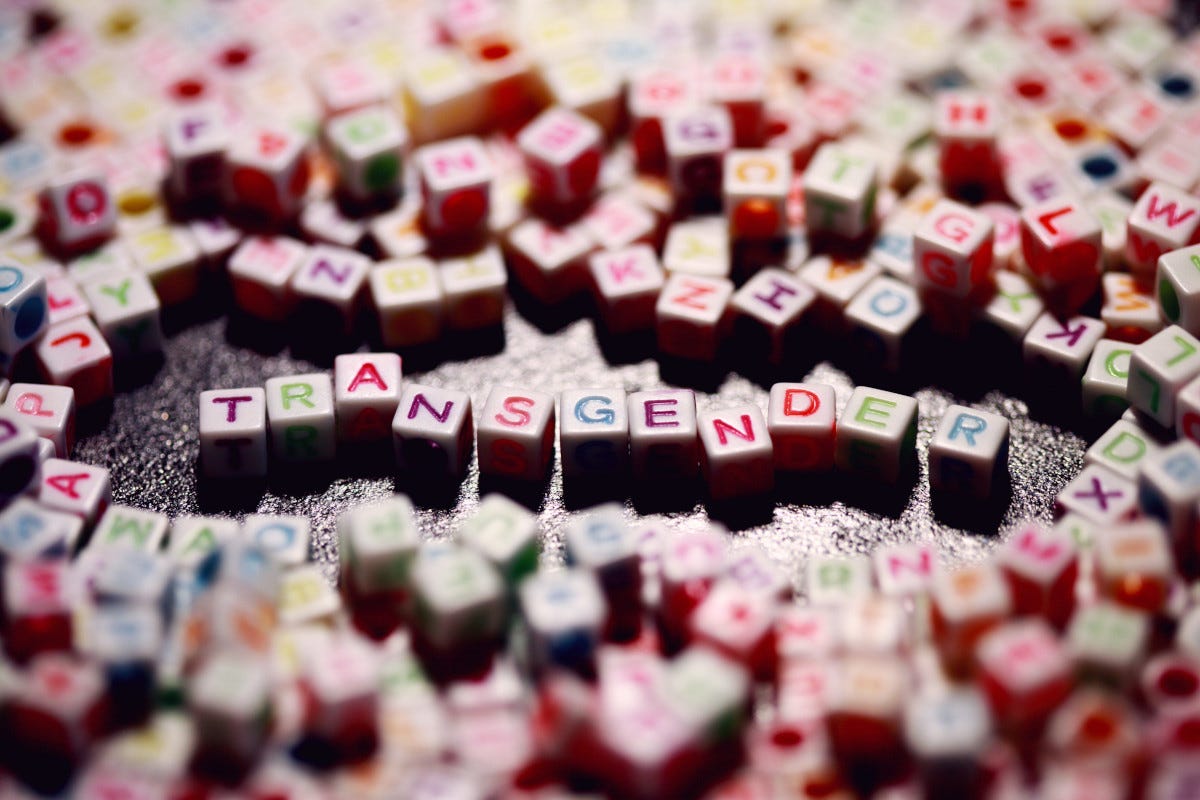Case related to gender identity aims to expand rights for nonreligious parents
Conservative law firm seeking to build on court’s recent textbook decision

When a Massachusetts couple, Stephen Foote and Marissa Silvestri, learned that their 11-year-old child, known in court documents as B.F., was questioning her sexual identity as a girl, they hired a counselor to work with her and instructed their school district not to have any private conversati…


